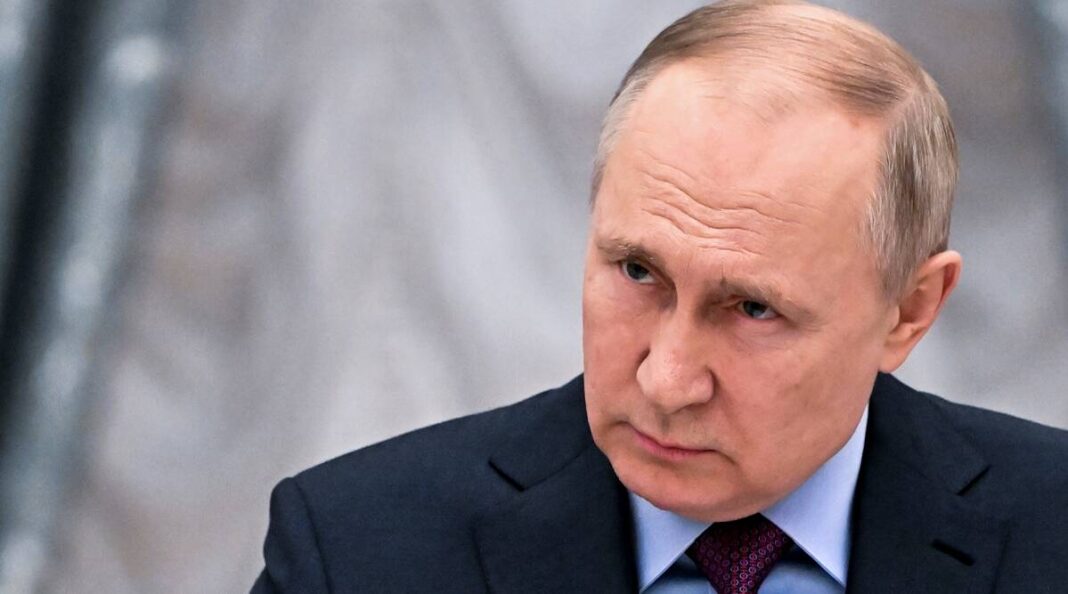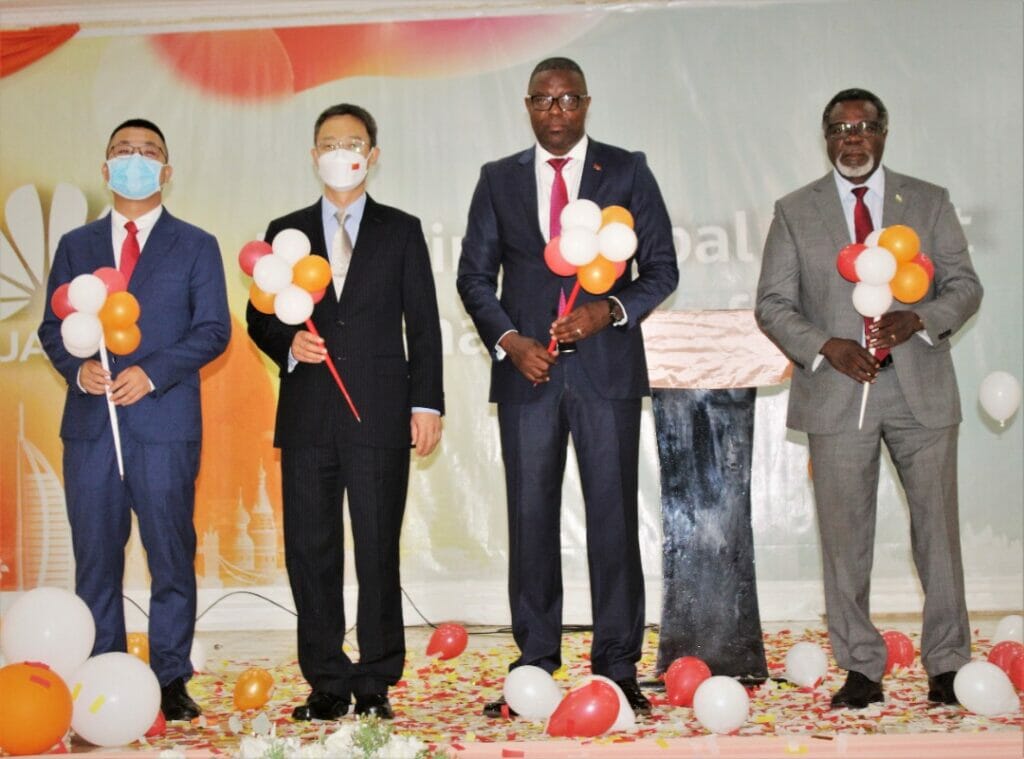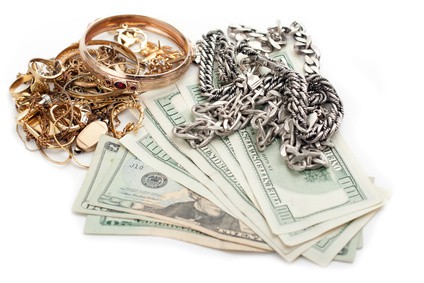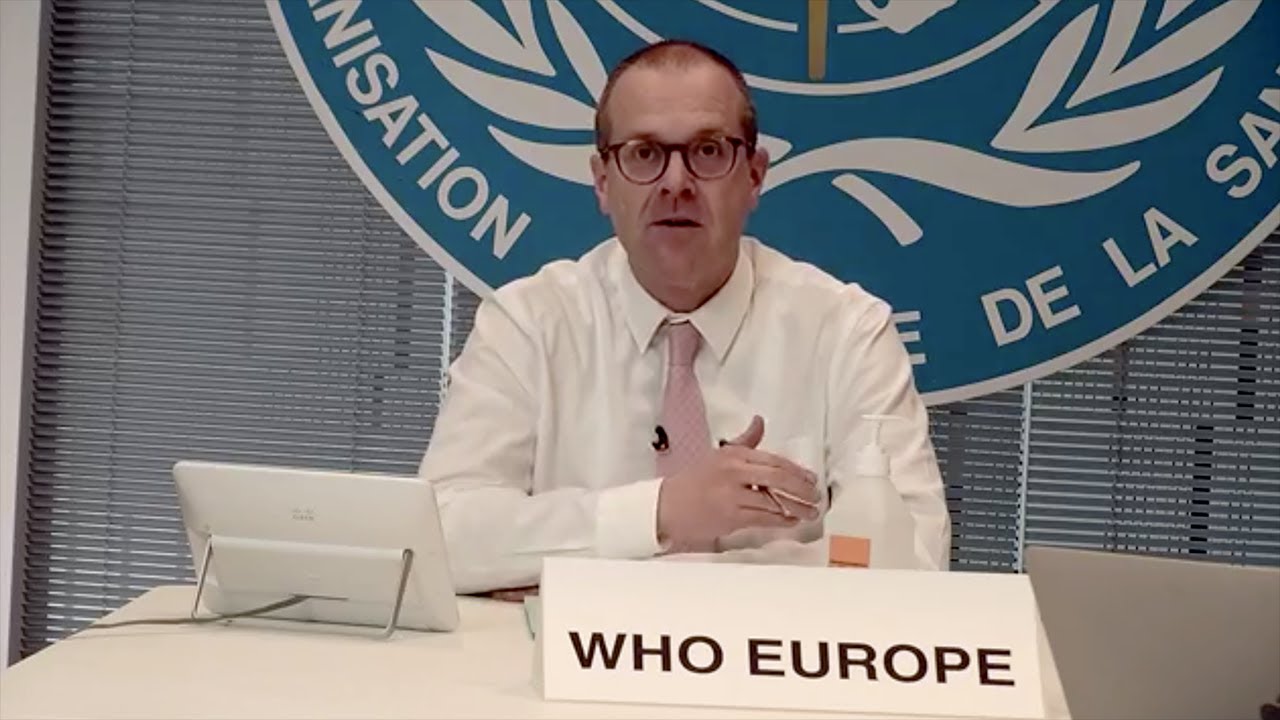Russian President Vladimir Putin intends to attend a G20 summit being hosted by Indonesia later this year, Russia’s ambassador in Jakarta said on Wednesday, following calls by some members for the country to be barred from the group.
“Not only G20, but many organizations are also trying to expel Russia….the reaction of the West is absolutely disproportional,” Ambassador Lyudmila Vorobyova told a news conference on Wednesday.
The United States and its Western allies are assessing whether Russia should remain within the Group of Twenty (G20) grouping of major economies following its invasion of Ukraine, sources involved in the discussions told Reuters.
Meanwhile, the European Union’s (EU) foreign ministers disagreed on Monday on whether and how to slap sanctions on Russia’s lucrative energy sector over its invasion of Ukraine, with Germany saying the bloc was too dependent on Russian oil to decide an embargo.
The EU and allies have already imposed hefty measures against Russia, including freezing its central bank’s assets. Russia’s siege and bombardment of Mariupol port, which EU foreign policy chief Josep Borrell called “a massive war crime”, is increasing pressure for action
But targetting Russian energy exports, as the United States and Britain have done, is a divisive choice for the 27-nation EU, which relies on Russia for 40% of its gas. Some of those who want the EU to go further showed impatience at the pace of talks after a meeting of EU foreign ministers in Brussels.
“Why should Europe give Putin more time to earn more money from oil and gas? More time to use European ports? More time to use unsanctioned Russian banks in Europe? Time to pull the plug,” Lithuania’s Foreign Minister Gabrielius Landsbergis said on Twitter.
But Borrell told a news conference that while the bloc would “continue isolating Russia”, concrete decisions would be made later.
One EU diplomat said some hoped that by June the EU would have found enough alternative sources of energy to seriously consider an oil embargo. No date has been agreed though, and other EU states may have different targets in mind.
Germany and the Netherlands said the EU was dependent on Russian oil and gas and could not cut itself off right now.
“The question of an oil embargo is not a question of whether we want or don’t want (it), but a question of how much we depend on oil,” German Foreign Minister Annalena Baerbock told reporters.
“Germany is importing a lot (of Russian oil), but there are also other member states who can’t stop the oil imports from one day to the other,” she said, adding that the bloc should instead work on reducing its reliance on Moscow for its energy needs.
Other potential sanctions being discussed, diplomats have said, include closing loopholes on trust funds used by oligarchs, adding new names to the sanctions list, stopping Russian boats from docking in EU ports, and cutting more banks’ access to the SWIFT global messaging system.
All this will be discussed again on Thursday when US President Joe Biden will be in Brussels for talks with transatlantic alliance NATO’s 30 members, the EU, and Group of Seven (G7) members including Japan, designed to harden the West’s response to Moscow.




